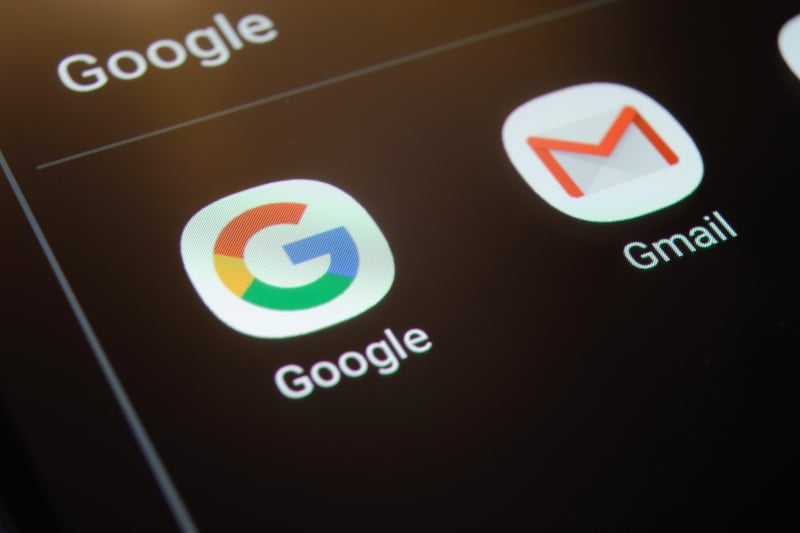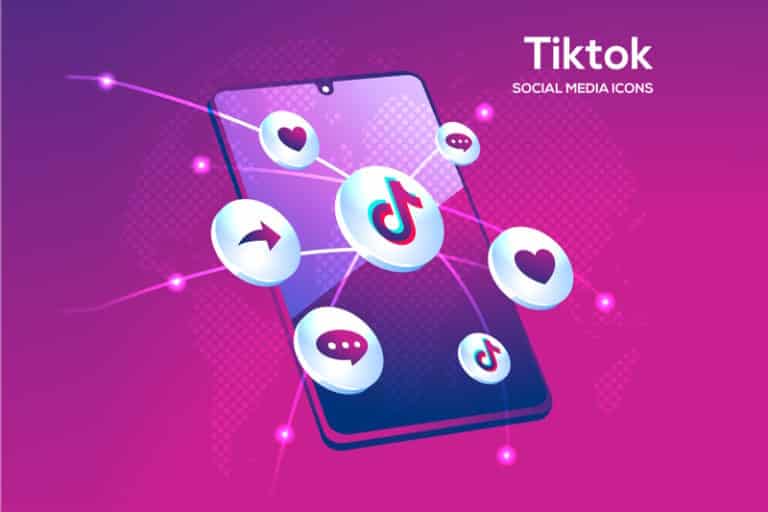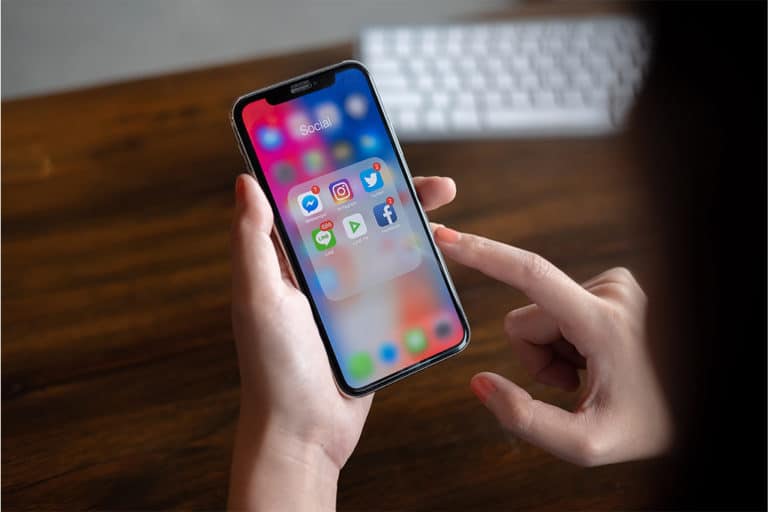What happens if your Google account is lost or compromised?
All of Google’s services are accessible through a single account. With a few notable exceptions (YouTube, Google Search, and Google Maps), you cannot utilize the majority of the company’s major services without first registering an account.
Obviously, it is incredibly convenient to have all of these services in one location. However, I’ve never felt completely at ease using a single Google account for everything. Let me explain why and what I do in response.
The disadvantage info in Google’s products.
I’m sure it’s unreasonable anxiety, but I’ve always harbored a nagging worry that something would happen to my Google account. Whether my account is hacked or Google shuts it down for whatever reason, I quickly understood that a significant portion of my digital existence will be lost if my Google account is no longer accessible.
If I could no longer use my Google account, a significant portion of my digital existence would vanish.
That would mean no longer backups of your Gmail inbox, Play Store purchases, YouTube profile, Google Chrome browsing data, Drive files, YouTube Music, or Google Photos. If I were to use the Mountain View behemoth’s services exclusively, I would have to start my digital presence from scratch.
Losing your account might be an even greater catastrophe if you depend on Google’s army of services for more complex tasks. For instance, you could find yourself suddenly without a Google Fi phone plan or a YouTube TV streaming subscription. With Google Wallet, you could also lose access to mobile and web payments.
Google is not unfamiliar with unjustified bans or shutdowns.
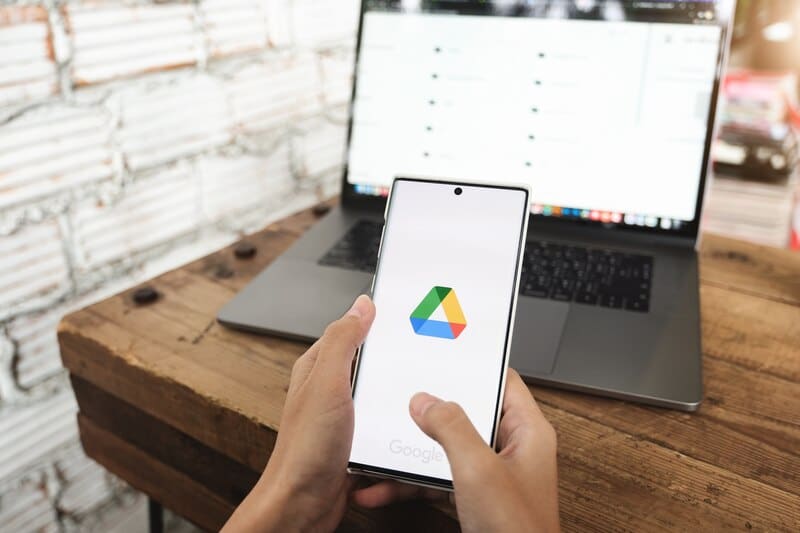
However, these concerns are not entirely unwarranted, as Google’s algorithm-based approach to enforcement means that mistakes are prevalent and account suspensions can occur for no apparent reason.
As one Reddit user discovered in 2018, there are instances of Google employing a heavy-handed approach to bans when they appear at fault. Even after the consumer returned the gadgets to Google, the business charged his account. Google banned them when they decided to dispute the purchase and submit a chargeback with their bank (after presumably contacting the firm multiple times).
There are numerous accounts of Google account holders who were banned unfairly or in error.
There have been a few extreme instances of Google banning accounts for reasons unrelated to terms-of-service infractions. For instance, the corporation reportedly blocked both the personal and corporate accounts of mobile game developer Ali Nadalizadeh and his mobile game studio Raya Games. This erroneous ban occurred months after an ex-developer at Raya Games had his personal account initially suspended. The request to appeal the suspension was denied, according to Nadalizadeh, but Google reinstated the mistakenly banned accounts when the Reddit thread went popular.
Similarly, Google banned individuals unfairly for emoting spamming on YouTuber Markiplier’s stream in November 2019, even though the host clearly encouraged it. In addition, these restrictions affected the users’ entire Google accounts, not just their YouTube profiles.
Google’s prohibition on one of its services applies to all of its services.
This is the disadvantage of having all of these Google services attached to one account: if you are banned from one, you are also prohibited from the others.
Another late-year occurrence confirmed my belief that I should have additional alternatives available. My original email account, which I’ve had for nearly 15 years (via a long-running local South African provider), was abruptly terminated late last year. It turns out that a couple other people also claimed that their accounts no longer existed, so I wasn’t alone.
Another email provider terminated my 15-year-old account. What if Google followed suit?
Thankfully, I had gradually moved away from this account over the years, and it was never a global email service. My predominant thinking was yet, “What if the same thing happened to my Google account?” At this point, I’ve seen enough Google services fail to realize that nothing is impossible.
What should I do instead?
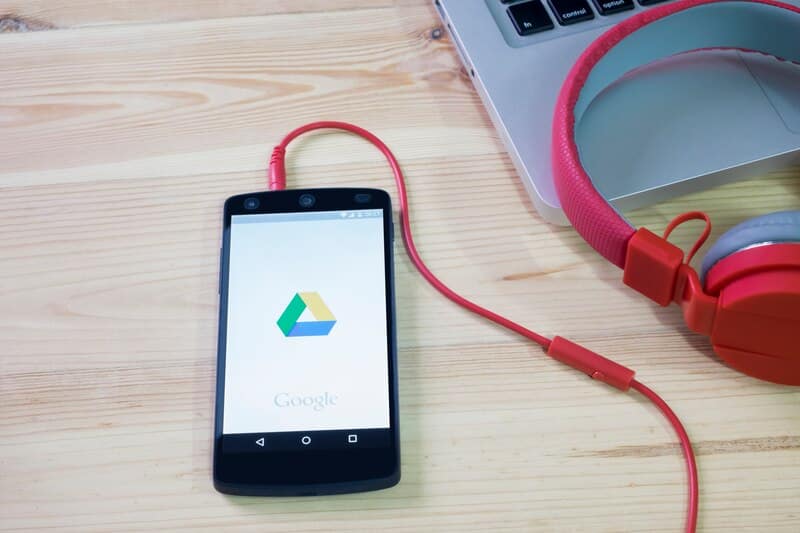
As long as I’ve used cell phones, I’ve adopted alternatives to Google’s services, even though I still utilize a variety of Google’s offerings. Ultimately, it’s crucial to have credible competitors to Google since it generates competition and forces everyone to improve. Microsoft’s OneDrive and Outlook are quite useful in this area, and I’ve been utilizing Ecosia more frequently for my mobile online search needs.
My default desktop browser is Opera as well. Yes, yes, Edge is currently a superior choice, but Opera remains a relic from the days when I owned a budget laptop and Google Chrome was arguably an even greater RAM hog than it is now. I still use Chrome on my mobile device, but I’ve been spending more time with the fantastic Kiwi Browser due to its support for Chrome extensions.
It may seem like I should just stop using Google altogether, but I’m not ready to deGoogle just yet. I am pleased to use the company’s services and am generally aware of the privacy trade-offs. Additionally, it is tremendously convenient to have a single Google account for all services.
What else can you do?
In addition to adopting alternate services and diversifying your digital assets, there are a few additional steps you may take to protect your Google account.
To begin, you can take safeguards such as enabling two-factor authentication on your accounts. This adds an additional degree of safety to your account, forcing bad actors to possess your phone to access your Google account.
Set up two-factor authentication and avoid using Google’s built-in password manager to protect your account.
Avoid using Google’s built-in password manager as the following step. Since Google stores all of your account details, anyone with access to your account might theoretically access many of your other services. If you lost access to your Google account and could not recall your credentials, you would be locked out of all non-Google services as well. A password manager from a third party, such as LastPass or 1Password, is a prudent precaution because it uses a separate account and master password.
Set up automated email forwarding from your Gmail inbox to alternative email service. You can also divide your business and personal information as much as feasible. This can be achieved by using distinct Google accounts for work and personal use and by setting up separate personal and work Chrome profiles, so that your browsing data and credentials for work and home are kept separate. This should be of great assistance if a single account is compromised.
Separate your personal and professional accounts, redirect your email, and back up your data. Ensure that you do not lose too much if you lose your Google account.
Consider performing regular backups of your data, either locally or to external services. You should back up your Google Photos and Google Drive data to another cloud storage provider or an external hard drive, for instance. If you have content on YouTube and YouTube Music, you may want to do the same steps. Using Google Takeout, you may obtain a downloaded copy of all of your data.
In any case, the likelihood of your Google account being disabled or compromised is minimal but not nil. Personally, I don’t mind having backup choices if this situation ever arises. My mitigating tactics have the added bonus of occasionally allowing me to find services and applications that I prefer over Google’s.

